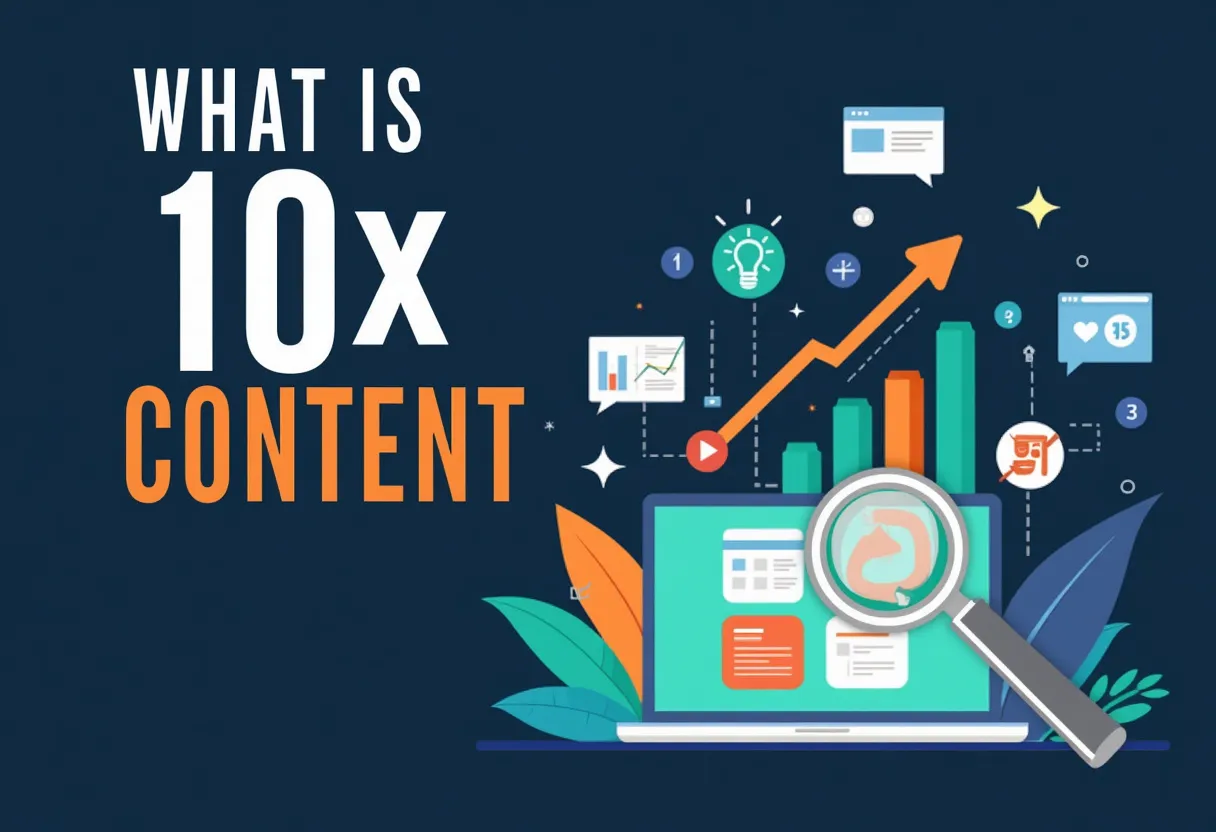Definition
Industry-Specific SEO refers to the process of tailoring search engine optimization strategies to the unique needs and characteristics of a specific industry or economic sector. This approach acknowledges that different industries have distinct SEO requirements, such as varying keyword sets, content complexities, and user search behaviors. Industry-Specific SEO is crucial for optimizing website content and technical aspects to better align with the particular needs and search patterns of a target audience within a given industry.
How It Works
Industry Variations
B2B vs. B2C
B2B SEO typically involves more complex topics and lower search volumes compared to B2C, requiring high-quality, expert content and a deep understanding of business-specific keywords and user interests.
Healthcare and Finance
These sectors require a high standard of content quality due to the sensitive nature of the information. Local SEO and establishing authority through personal branding are critical in these fields.
Ecommerce and Industrial
Ecommerce SEO focuses on optimizing product pages, category pages, and internal linking structures, while industrial SEO involves targeting specific industrial keywords and ensuring mobile-friendliness and technical optimization.
Keyword Research and Content Creation
Keyword Research
Conduct extensive keyword research to identify industry-specific search queries. This involves understanding the unique needs and search behaviors of the target audience within the industry.
Content Quality
Create high-quality, unique content that addresses the specific needs and questions of the industry. For example, in the healthcare sector, content must be accurate and trustworthy to comply with YMYL (Your Money or Your Life) guidelines.
Technical and Local SEO
Technical SEO
Ensure the website is technically optimized for search engines, including aspects such as page speed, mobile responsiveness, and schema markup. This is particularly important in industries where technical specifications are crucial.
Local SEO
For industries with physical locations, such as healthcare and local businesses, optimizing for local searches is vital. This includes claiming Google My Business listings and ensuring high visibility in local search results.
Why It Matters
Competitive Advantage
Industry-Specific SEO helps businesses stand out in a crowded market by targeting the exact needs and search queries of their audience, thereby increasing their visibility and competitiveness.
User Experience
Tailoring SEO strategies to the industry ensures that the content and user experience are relevant and valuable to the target audience. This improves user engagement and satisfaction, leading to higher conversion rates.
Rankings and Traffic
By focusing on industry-specific keywords and content, businesses can improve their rankings in search engine results pages (SERPs), driving more organic traffic to their website. This is particularly important in industries where trust and authority are key, such as healthcare and finance.
Best Practices
Keyword Research Tactics
Use tools like Google Keyword Planner, Ahrefs, or SEMrush to identify relevant industry-specific keywords. Analyze competitors to understand their keyword strategies and gaps in the market.
Content Optimization
Create comprehensive, high-quality content that addresses the specific needs and questions of the industry. Ensure content is unique and not duplicated, as Google penalizes duplicate content.
Technical Optimization
Optimize website technical aspects such as page speed, mobile responsiveness, and schema markup. Ensure the website is secure (HTTPS/SSL) and has a clear linking structure.
Local SEO Strategies
Claim and optimize Google My Business listings. Ensure accurate and consistent business listings across the web. Encourage customer reviews to improve local search visibility.
Expertise and Authority
Establish the website as an authority in the industry by showcasing expertise through high-quality content and personal branding. Use Google’s E-A-T score (Expertise, Authoritativeness, Trustworthiness) as a guideline to build trust with users.
Industry Expert Contributions
Consulting with industry experts can provide deeper insights into user needs and validate the accuracy and relevance of your content. Expert contributions can also enhance content authority and trustworthiness.
Advanced Backlink Analysis
Perform advanced backlink analysis to identify high-quality, relevant backlinks that can boost your site’s authority within your specific industry. Focus on acquiring backlinks from reputable industry websites and publications.
Competitor Keyword Analysis
Analyze competitors thoroughly to discover their keyword strategies, strengths, and weaknesses. This helps in identifying new opportunities and gaps that your business can exploit to gain a competitive advantage.
Geo-Specific Content
Develop geo-specific content to target audiences based on their geographical location. This is particularly effective for local SEO and industries that serve specific regions or localities.
Geo-Targeting SEO
Implement geo-targeting SEO practices to enhance local search visibility. Use region-specific keywords, create localized landing pages, and leverage local backlinks to improve search engine rankings in specific areas.
Local SEO for Multi-Location Businesses
For businesses with multiple locations, tailor your local SEO strategies to each location. Create separate Google My Business listings and localized content for each branch to improve visibility and search rankings for all locations.
Digital PR for SEO
Utilize digital PR strategies to enhance your online presence and authority. Engage with industry publications, participate in relevant online discussions, and promote your content through social media and industry networks.
Content Localization
Localize your content to cater to the cultural nuances and preferences of different regions. This increases relevance and engagement with local audiences, improving overall SEO performance.
Conclusion
Industry-Specific SEO is a crucial strategy for optimizing website content and technical aspects to align with the unique requirements and search behaviors of different industries. By focusing on industry-specific keywords, content quality, and technical optimization, businesses can achieve a competitive advantage, enhance user experience, and improve search engine rankings and traffic.
Implementing best practices such as advanced keyword research, content optimization, technical and local SEO, and leveraging expertise and authority can significantly enhance online presence and SEO performance. By addressing the specific needs of your industry, you can create a more targeted and effective SEO strategy that delivers meaningful results for your business.



